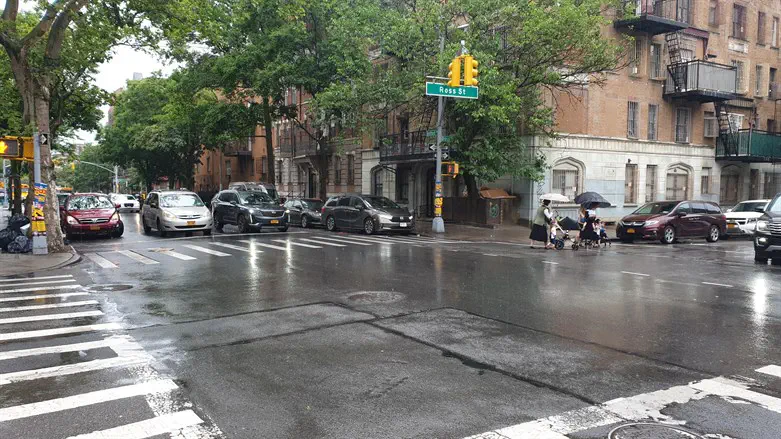
A new report released by the Teach Coalition reveals a dramatic surge in security spending at Jewish day schools across four US states, driven largely by heightened concerns following the October 7, 2023, attack on Israel and a nationwide spike in antisemitic incidents.
Surveying 63 Jewish schools in New York, New Jersey, Pennsylvania, and Florida—representing over 26,000 students or 10% of all Jewish school enrollment in those states—the report found that the average annual security expenditure rose from $184,228 in the 2022–2023 academic year to $339,297 in 2024–2025. That 84% increase amounts to an additional $155,069 per school, or $363 more per student.
Security now accounts for 3.09% of the average school's budget, up from 1.85% two years ago. Notably, the rate of increase in security costs has outpaced other school expenses by a factor of nearly ten, with non-security spending rising just 9% during the same period.
“Security costs are escalating at a pace Jewish schools simply cannot sustain alone,” the report states. “If governments don’t step up, families already struggling with tuition will bear the full weight of this burden.”
The October 7 attack and its aftermath have led to a surge in antisemitic threats across the US. According to the FBI and the Anti-Defamation League, hate crimes against Jews hit a record high in 2023, with more than 10,000 antisemitic incidents reported between October 2023 and September 2024.
The study also notes a shift in how schools are funding these new costs. In 2022–2023, 40% of students were charged a separate security fee; by 2024–2025, that figure rose to 52%, with an additional 26% of students attending schools that raised tuition to address increased security spending. Overall, 78% of students surveyed now pay directly toward enhanced security measures.
Security guards account for the largest share of these expenditures—69%—followed by capital improvements such as reinforced doors and walls (19%), and equipment like cameras and radios (12%).
While larger schools spend more overall, the report found that smaller schools shoulder a heavier burden per student. Schools with fewer than 100 students averaged $1,735 in security spending per pupil, compared to just $424 at schools with over 1,000 students.
The findings are based on budget data from the 2022–2023 and 2024–2025 school years and are the most comprehensive analysis to date on the financial impact of rising threats to Jewish educational institutions.
The report concludes with a call for federal, state, and local governments to significantly increase their financial support for school security, warning that without public assistance, Jewish families and communities will face unsustainable pressure to fund their own protection.
Teach Coalition, a division of the Orthodox Union, has advocated for public funding for Jewish schools since 2013. This study was authored by Gabriel Aaronson and Benjamin Hutt of the Teach Coalition Office of Jewish Education Policy and Research.
